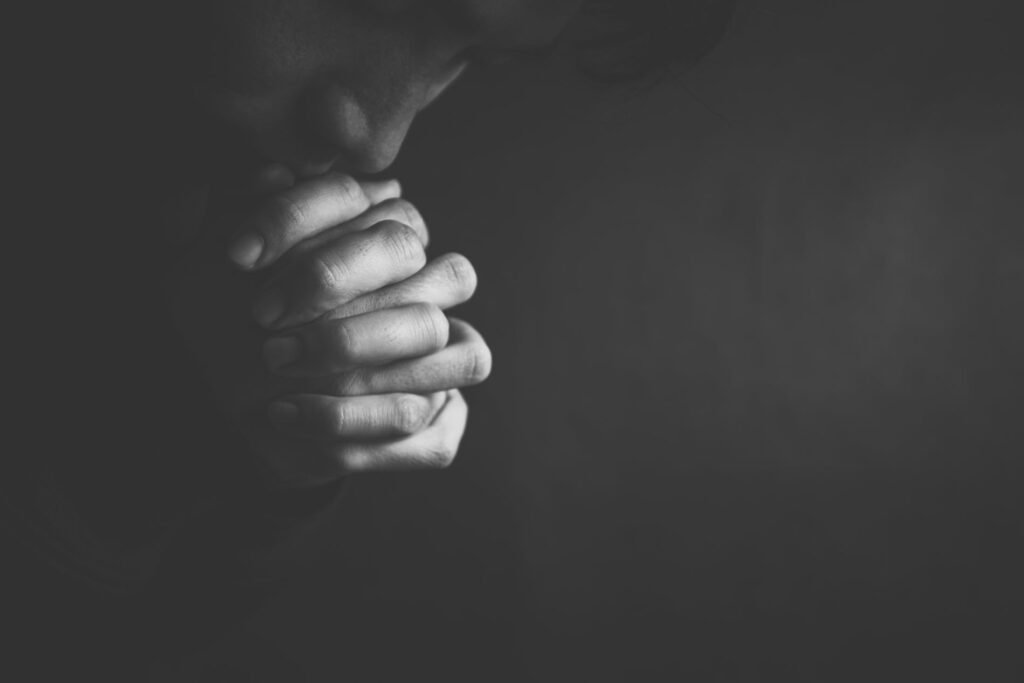Step 3 – The 3rd Step Prayer of AA & NA
The primary means by which any 12-step fellowship encourages its members to approach sobriety is by methodically working the steps. The 3rd step is a massive one, ending the early stages of the steps. As recounted in the Big Book of AA, this step calls on members to have “decided to turn our will and our lives over to the care of God as we understand Him.”
This is a highly significant moment. In the first two steps, we admitted our lives had become unmanageable and that a Higher Power could restore us to sanity. We saw that we have not been good for ourselves. Instead of making good and healthy decisions, we have constantly tripped ourselves up. We realized in this process that we needed to get out of our way. It was time to, according to a well-worn AA saying to “let go and let God.”
Here we take that knowledge and apply it. This is why the third step is considered the first “action step.” The first two, involve a crucial process of acceptance, contemplation, and reflection. Meanwhile, the third step involves the act of surrendering some of our most destructive behavior in favor of a healthy and productive relationship with a Higher Power.
We cease clinging to our attempt to control our own lives, which have led us to increasingly dark places in our lives. Instead, we allow ourselves to believe in and follow the path intended for us by the Higher Power we have chosen.
Step 3 – The 3rd Step Prayer of AA & NA Read More »



